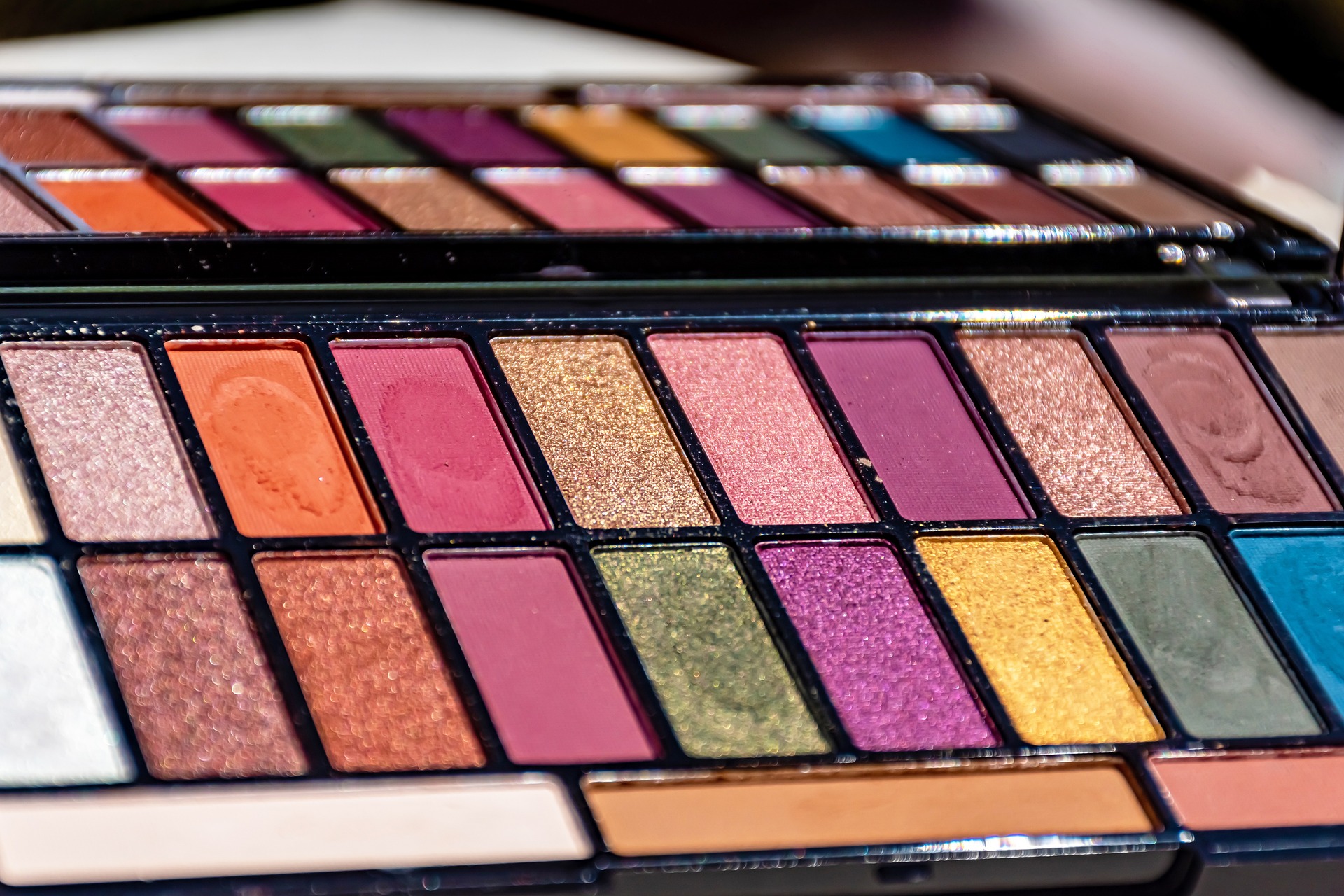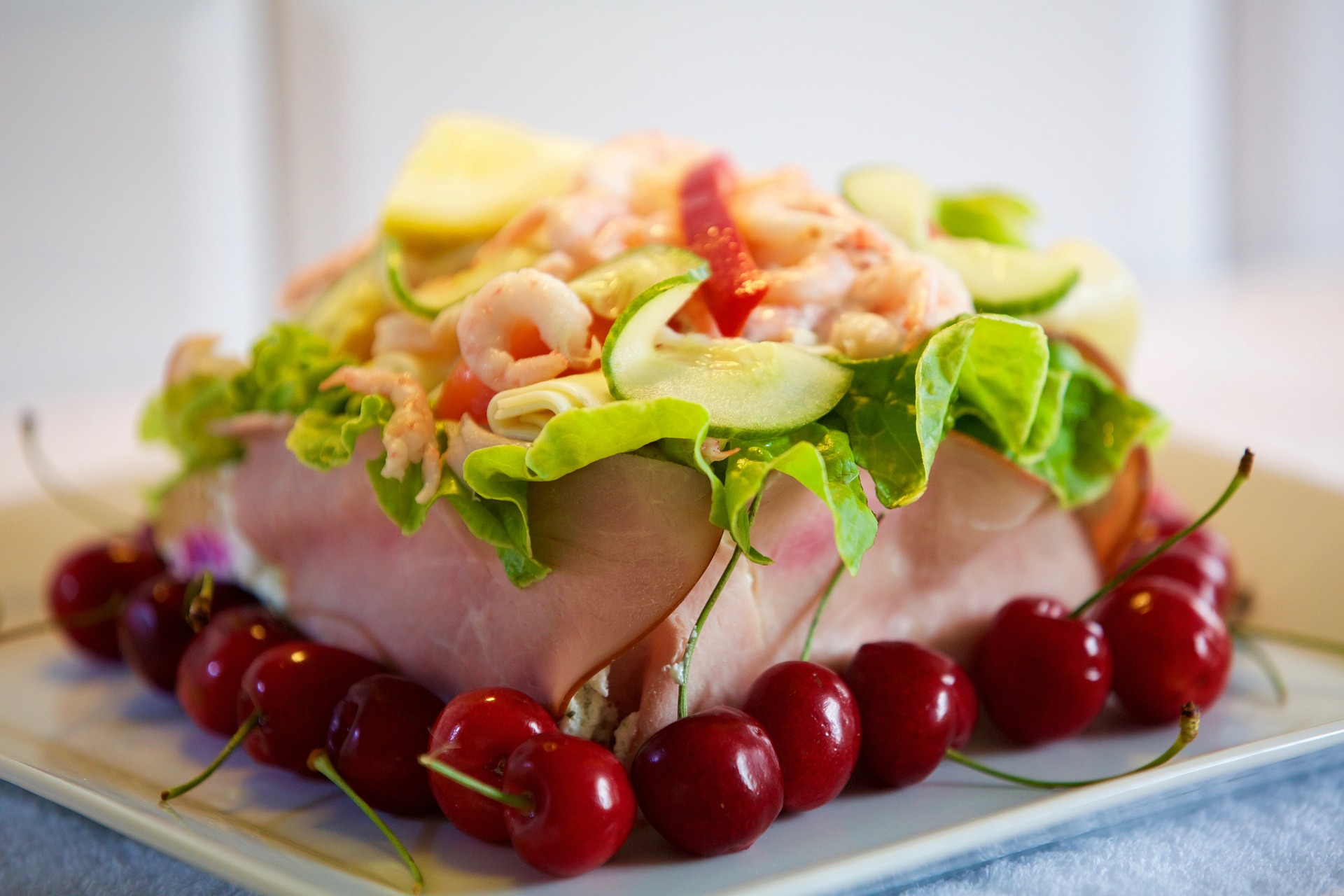Makeup
Makeup Courses: Master the Art, Boost Your Confidence, and Unlock New Opportunities.Makeup is more than just enhancing beauty—it's a skill, a form of self-expression, and, for many, a gateway to a fulfilling career. Whether you're aiming to perfect your personal look or aspire to become a professional makeup artist, structured courses provide the essential tools and techniques to start your journey with confidence.In this article, you'll gain insights into how makeup courses operate, what you can expect from the learning experience, and how they can open doors both personally and professionally—presented with clarity and without overstatements.
What are the essential makeup products for beginners?
Every makeup kit should start with a few key items. Foundation is the base, creating an even canvas for other products. Concealer helps hide blemishes and dark circles. Powder sets the foundation and controls shine. Blush adds a healthy glow to cheeks. Mascara defines lashes, while lipstick or gloss adds color to the lips. For eyes, start with a neutral eyeshadow palette and eyeliner. These basics allow for a complete look and provide a foundation for more advanced techniques.
How can I determine my correct foundation shade?
Finding the right foundation shade is crucial for a natural-looking makeup application. Test the product on your jawline, not your hand, as the skin tone can differ. Check the color in natural light, as store lighting can be misleading. The perfect match should blend seamlessly with your skin. Consider your undertones – warm, cool, or neutral – to find a complementary shade. Many beauty stores offer samples or professional color matching services to help you find your ideal foundation.
What are the key steps in a basic makeup routine?
A basic makeup routine starts with skincare – cleanse, tone, and moisturize. Apply primer to create a smooth base for foundation. Use concealer on any blemishes or dark areas. Set with powder to prevent shine. Add color with blush on the cheeks and a neutral eyeshadow on the lids. Define eyes with eyeliner and mascara. Finish with a lip color of your choice. Remember, less is often more when starting out. Practice will help you refine your technique and find what works best for your features.
How can I make my makeup last longer throughout the day?
Long-lasting makeup starts with proper skin preparation. Use a primer suited to your skin type before applying foundation. Set cream or liquid products with a light dusting of powder. For eyes, an eyeshadow primer prevents creasing and fading. Use waterproof formulas for eyeliner and mascara if you’re prone to smudging. A setting spray as a final step can help lock everything in place. Touch-up products like blotting papers and a small powder compact can help maintain your look throughout the day.
What are some advanced makeup techniques used by professionals?
Professional makeup artists employ a variety of advanced techniques to create stunning looks. Contouring and highlighting sculpt the face, enhancing natural bone structure. Color correcting uses opposite hues on the color wheel to neutralize discoloration before foundation application. Cut crease eyeshadow creates definition and depth in eye looks. Ombré lips blend multiple shades for a gradient effect. Airbrush makeup provides flawless, long-lasting coverage for special events. These techniques require practice and specialized products but can elevate makeup application to an art form.
How can I pursue a career in professional makeup artistry?
Pursuing a career in professional makeup artistry can be an exciting and rewarding path. Many aspiring makeup artists start by attending makeup schools or beauty courses to learn the fundamentals and advanced techniques. These programs often cover a range of skills from basic application to special effects and bridal makeup.
Here’s a comparison of some popular makeup education options in the United States:
| Program | Duration | Focus Areas | Cost Estimation |
|---|---|---|---|
| Makeup Designory (MUD) | 3-12 weeks | Fashion, Film, TV | $6,000 - $17,000 |
| Cinema Makeup School | 4-20 weeks | Special Effects, Character Design | $8,000 - $25,000 |
| Aveda Institute | 4-6 months | Cosmetology, Esthetics | $10,000 - $20,000 |
| Online Courses (Various) | Self-paced | Specific Techniques, Business Skills | $100 - $2,000 |
| Community College Programs | 1-2 years | Cosmetology, Esthetics | $5,000 - $15,000 |
Prices, rates, or cost estimates mentioned in this article are based on the latest available information but may change over time. Independent research is advised before making financial decisions.
After completing education, building a portfolio and gaining experience through internships or assisting established artists is crucial. Many professionals also pursue certifications from recognized beauty brands or organizations to enhance their credibility. Networking, social media presence, and continuous learning of new trends and techniques are essential for success in this competitive field.
The world of makeup is vast and ever-evolving, offering endless opportunities for creativity and self-expression. Whether you’re enhancing your personal style or pursuing a professional career, the key lies in practice, experimentation, and staying informed about new products and techniques. As you develop your skills, remember that makeup is not just about following rules but also about finding what works best for you and your unique features.
The shared information of this article is up-to-date as of the publishing date. For more up-to-date information, please conduct your own research.





